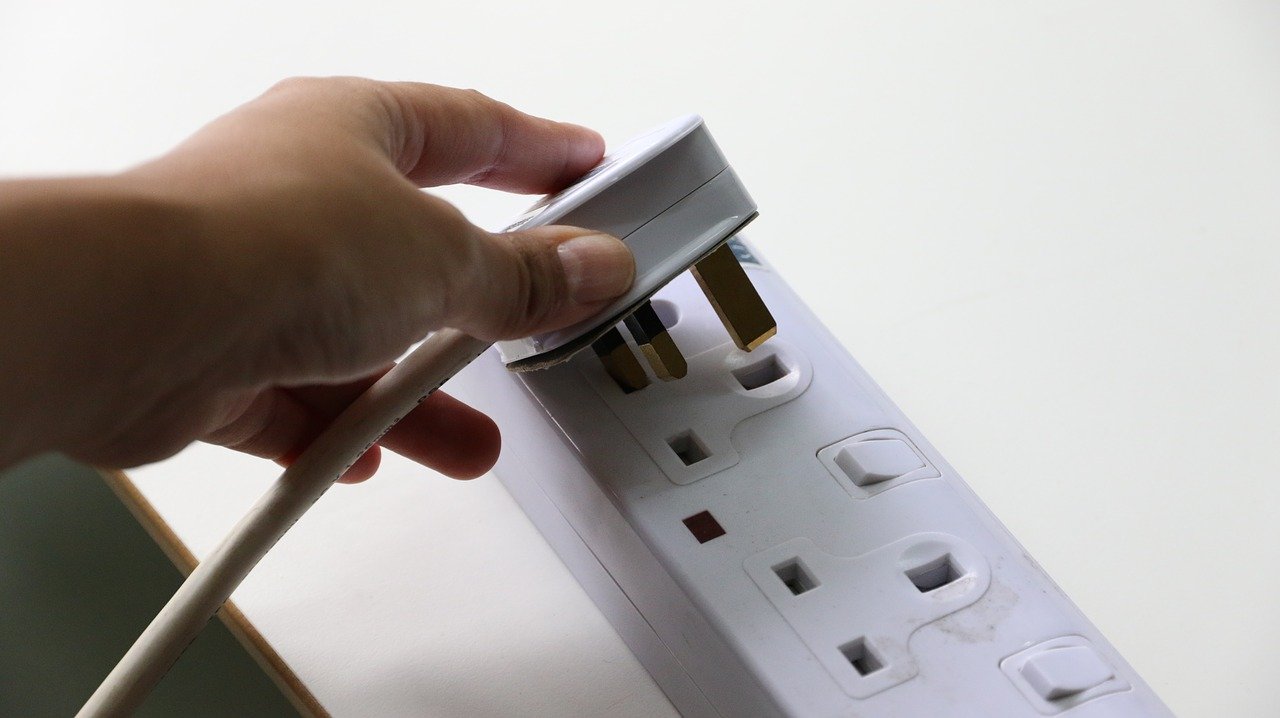Scientists at the University of Georgia have developed a new foam material that can significantly reduce healthcare-related infections caused by medical implants and can also help in clean-up operations after a major oil spill.
The scientists compared this ‘superfoam’ to a “Swiss Army knife” due to its versatility and functionality
Developed by a team led by Assoc. Prof Hitesh Handa from UGA’s School of Chemical, Materials, and Biomedical Engineering, the porous three-dimensional foam is water-repellent—meaning it resists blood, microbes, and proteins, while also exhibiting antimicrobial and oil-water separation properties.
The material is a coarse foam with a pair of added fillers – hydrophobic (water-repellent) electrically conductive graphene nanoplatelets and hydrophobic bactericidal copper microparticles.
When superfoam was placed in oil-contaminated water, it absorbed the oil only. The sponge could be reused several times to take up more oil after removing the adsorbed oil from the foam.
The researchers also found that 99.9 percent of bacteria that came in contact with the foam were killed
“Current medical devices are prone to contamination,” Handa said. “When you put any medical device into the body, proteins are the first thing to stick to a surface, and they act like a glue that allows blood or bacteria to adhere. So, if we can stop the protein adsorption, half the battle is won.”
Experts think that it’s versatility and relatively inexpensive production costs could make it valuable in clinics and environmental clean-up programs.







